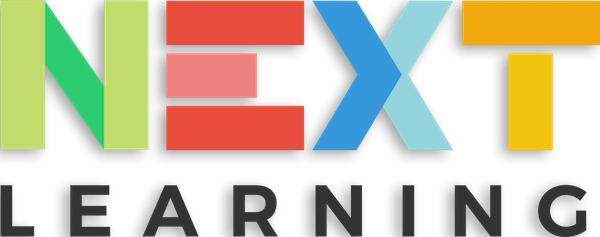Challenge and response – it’s a pattern as familiar in history as it is in biology. With COVID-19 currently wreaking havoc on society, it would be a mistake to overlook the fact that the intelligence of our response will be critical.
Education’s importance to the individual and to society means that the challenges posed by COVID-19 need to be dealt with swiftly and effectively. According to the OECD, school closures are already affecting more than 420 million schoolchildren worldwide.1
In Australia, authorities have not ruled out placing every Australian citizen in lockdown, with Chief Medical Officer Brendan Murphy stating: ‘Everything is up for consideration.’ Victorian Premier Daniel Andrews has described a State-wide closure of schools as an ‘inevitability’.2
It would be unfair to suggest that our education sector could have been better prepared for what Forbes magazine is calling ‘The World’s Homeschooling Moment’.3 The rapid advance of COVID-19 has caught even the most fleet-footed industries off-guard.
Next Learning’s Shane McGurk believes that many Australian schools have the resources to cope well with the current challenge, and that innovation will be the key.
‘While we need to be mindful of the digital divide and the possibility of widening the socio-economic gap, we should also recognise opportunities for lasting benefits in learning and teaching,’ McGurk says.
Half a dozen years ago, as many pondered the effect of ‘disruptors’ in various industries – Uber, Airbnb, Buzzfeed and the like – Harvard University professor Clayton Christenson argued that disruption is often both destructive and creative. Sure, it can be scary. But it can also change existing markets or technologies to produce something more efficient and worthwhile.4
COVID-19 is clearly a disruptor of the greatest magnitude. The World Economic Forum (WEF), through its recently-established COVID-19 Action Platform, is closely considering how the pandemic could reshape education.
Noting that the pace of change in the sector has generally been lamentable, the WEF describes COVID-19 as a ‘catalyst for institutions to search for innovative solutions’. It can be seen as ‘an opportunity to remind ourselves of the skills students need in this unpredictable world, such as informed decision making, creative problem solving, and perhaps above all, adaptability’.
In one Nigerian school, the WEF reports, ‘standard asynchronous online learning tools (such as reading material via Google Classroom) were augmented with synchronous face-to-face video instruction’.
A school in Lebanon embraced online learning even for physical education, with students sending teachers videos of their training and drills. For some, this meant developing new digital skills. For the first time, education providers around the globe are ‘truly embracing the “learning anywhere, anytime” concept of digital education in a range of formats’.5
Next Learning was established to optimise the integration of technology into education in a century of exponential change.
Co-founder Paul Reid says: ‘At a time when the World Economic Forum believes that traditional in-person classroom learning needs to be complemented to an ever greater extent by new learning modalities, we’re here to help.’
1. World Economic Forum, ‘3 ways the coronavirus pandemic could reshape education’, 13 March 2020; https://www.weforum.org/agenda (accessed 15 March 2020).
2. Guardian, 11 March 2020 and Daily Telegraph, 15 March 2020.
3. ‘The World’s Homeschooling Moment’, Forbes magazine, 11 March 2020.
4. ‘Disruption vs. Innovation: What’s The Difference?’, Forbes magazine, 27 March 2013.
5. World Economic Forum, ‘3 ways the coronavirus pandemic could reshape education’, 13 March 2020; https://www.weforum.org/agenda (accessed 15 March 2020).










